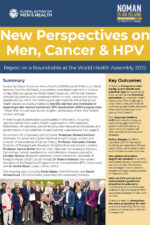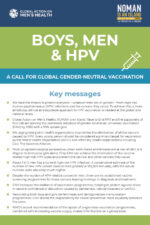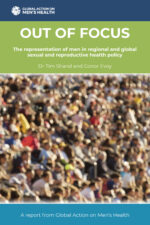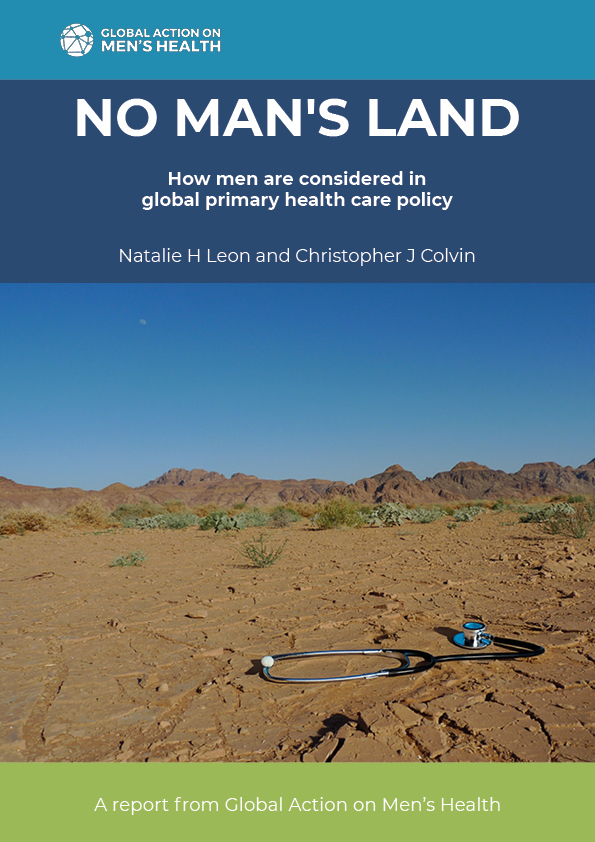No Man's Land
Primary health care services are failing to meet men’s needs.
GAMH’s report No Man’s Land: how men are considered in global primary health care policy shows a major lack of focus on men’s health needs and urges policymakers to pay greater attention to men’s use of primary healthcare.
The report, published on Universal Health Coverage Day 2024, examined 27 global health policies and the way in which they approached male access to and uptake of primary care. It found that over three quarters (78%) of those policies make no mention of men’s health.
In fact, while gender equity and gender responsiveness were considered important guiding principles in policies, most only referred to gender inequities in relation to women’s health. Some 22% per cent focused on men’s health alongside women with only 7% engaging directly with men’s health needs in a ‘meaningful way’. Two World Health Organisation reports – one on primary health care monitoring and one on adolescent health – were identified as positive examples.
Despite men having a disproportionately higher disease burden – for example, cardiovascular disease and cancers account for 67% of male deaths – the report found that very few of the policies analysed focused on men’s health. The report suggests a lack of focus on men in primary care policy around the world is contributing to these poor health outcomes, and includes a series of recommendations on how policies could be improved.
GAMH is calling for policymakers to recognise the effect a lack of focus on men in primary care policy is having, in a bid to increase men’s access to and uptake of primary care services.
Peter Baker, Director of Global Action on Men’s Health, said:
Men confront significant and persistent inequities in burden of disease for a range of health problems, many of which require early access to primary care services. However, men’s use of primary healthcare is unnecessarily poor.
Men, especially men of working age, attend much less often than women and later in the course of many conditions.
The cause of men’s lower attendance is a combination of reluctance due to men’s socialisation and practical barriers such as limited opening hours, long waiting times and difficult-to-use booking systems.
People have been saying for years that ‘men don’t go to the doctor’ yet very little has been done to put this right. Some projects have been carried out at a local level in the UK which have successfully increased men’s uptake of primary care services, but this needs to be conducted on a much larger scale.
Solutions could include offering services at convenient times, going to men’s workplaces, sports venues, and faith organisations for example, and developing targeted health promotion. The potential of community pharmacy services, which are far easier to access than general practice, should be explored.
The report was launched by GAMH at webinar on 12 December 2024 with speakers from the International Pharmaceutical Federation (FIP), World Organization of Family Doctors (WONCA), and the World Health Organization (WHO).







